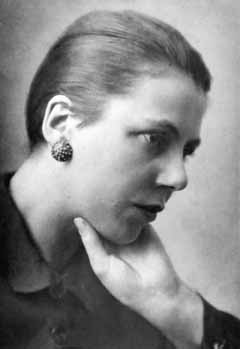
One paragraph resonated with me quite. He described having "always been mad about writing—about the way [it] should be done" but had himself at that time only "written rather desultorily a number of books" which he characterized as pastiches or tours de force, and then:
[O]n the day I was forty I sat down to show what I could do—and The Good Soldier resulted. I fully intended it to be my last book. I used to think—and I do not know that I do not think the same now—that one book was enough for any man to write, and, at the date when The Good Soldier was finished, London at least and possibly the world appeared to be passing under the dominion of writers newer and much more vivid. Those were the passionate days of the literary Cubists, Vorticists, Imagistes and the rest of the tapageur and riotous Jeunes of that young decade. So I considered myself as the Eel which, having reached the deep sea, brings forth its young and dies—or as the Great Auk I considered that, having reached my allotted, I had laid my one egg and might as well die. So I took a formal farewell of Literature in the columns of a magazine called the Thrush—which also, poor little auk that it was, died of the effort. Then I prepared to stand aside in favour of our good friends—yours and mine—Ezra, Eliot, Wyndham Lewis, H.D., and the rest of the clamorous young writers who were then knocking at the door.
As it turned out, I was wrong.

 RSS Feed
RSS Feed